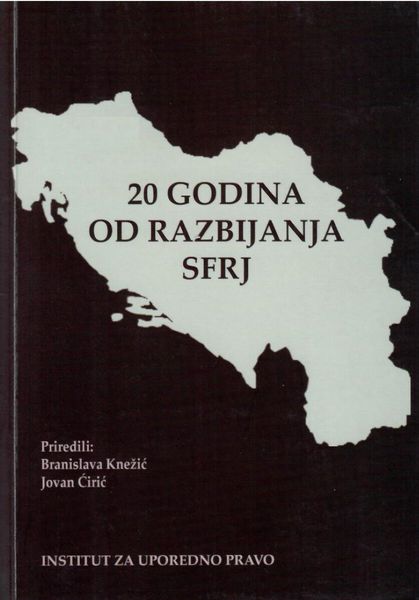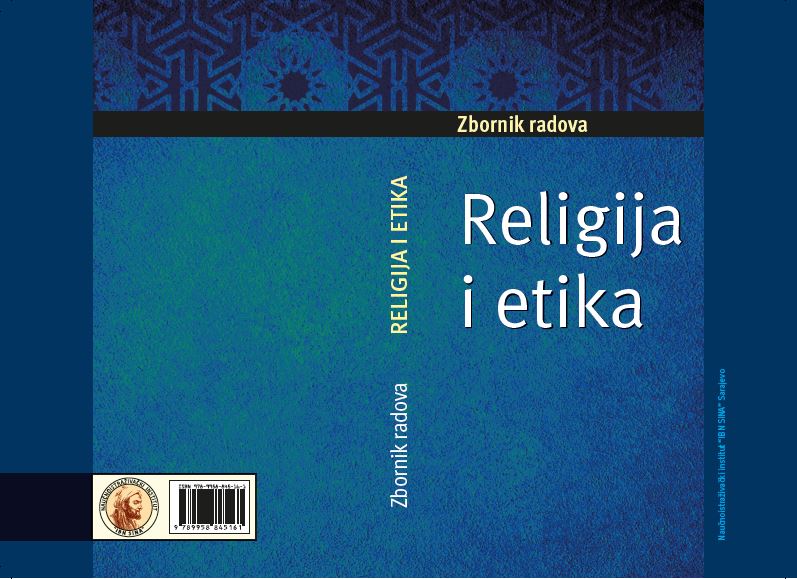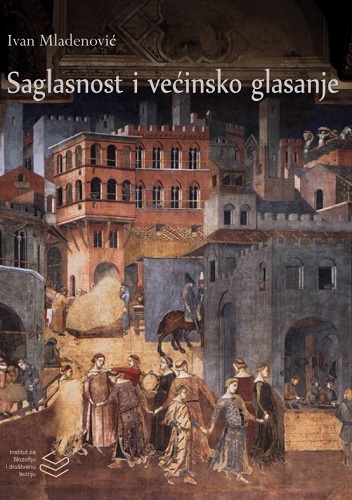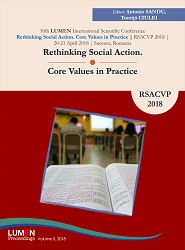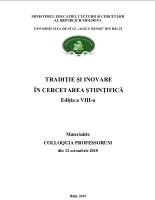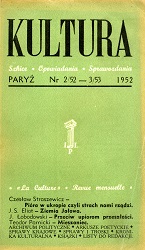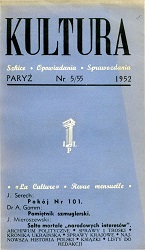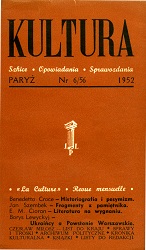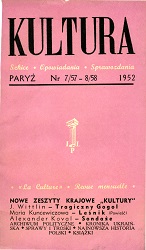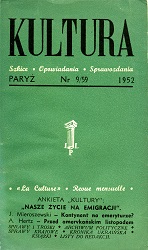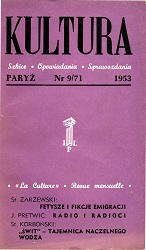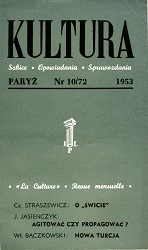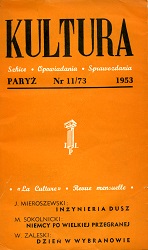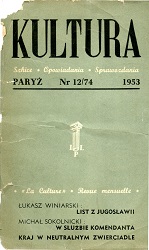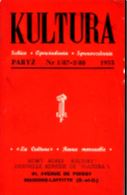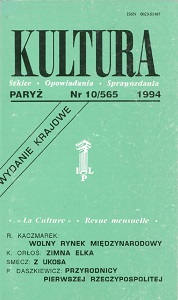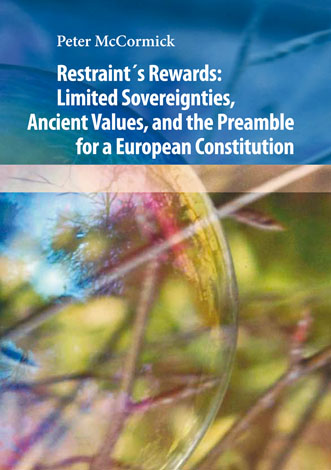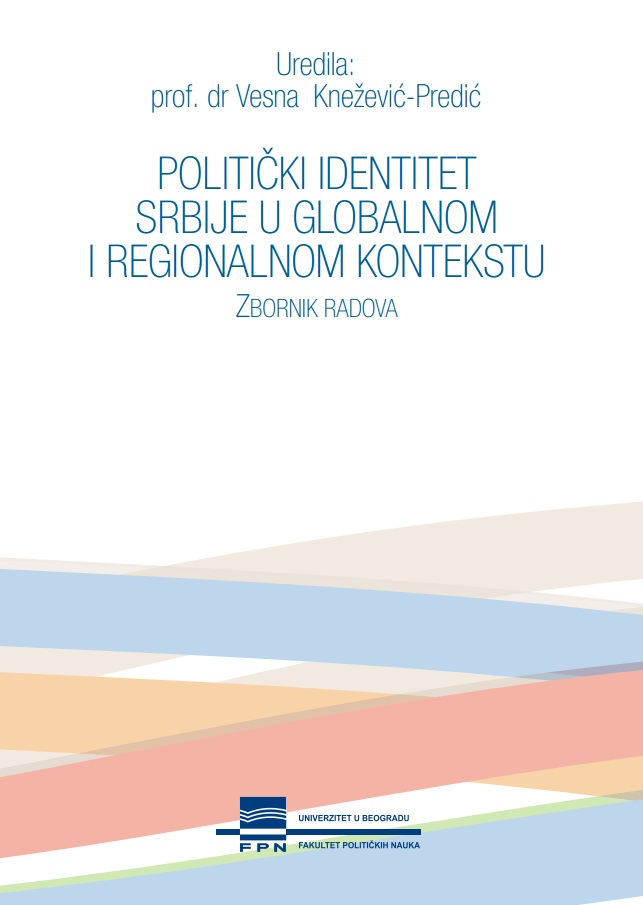
Dualna priroda srpskog nacionalnog identiteta
Different theories define the notion of nation and national identity in various ways. The common ground is that a nation is a community within which an individual possesses consciousness of its participation, sense of common values, historical memories and political will. In addition, nation and state are strongly connected. Some authors, most notably Hobsbawm, consider the modern nation inseparable from the state, and that the existence of state precedes the birth of a nation. There is a clear difference between what he calls „a proto nation“ and the modern nation. That difference is based on the role of the state. We consider Hobsbawm’s theoretical frame as a suitable one for research of the Serbian nation due to, at least, two reasons. The first reason is based on his political thought by which the Serbian nation is viewed with criticism, hence we consider it to be the barrier to any kind of author bias regarding this subject. Second reason we base on the fact that he actually has researched the nature of the Serbian nation. In addition to that, we find his theoretical frame suitable for explaining the dual nature of the Serbian nation. Thus said, the research question of the paper is: What is the base of the Serbian national identity? It is necessary to analyze the nature of proto-nation of the Serbs which originates form the middle ages. At the same time we would analyze the ideas of Serbian nation building during the enlightenment period. In that way we will be able to form a thesis of a dual nature of Serbian national identity, and to form a model as well. Using that model we will be able to explain the historical development of the Serbian nation and nation-state.
More...
